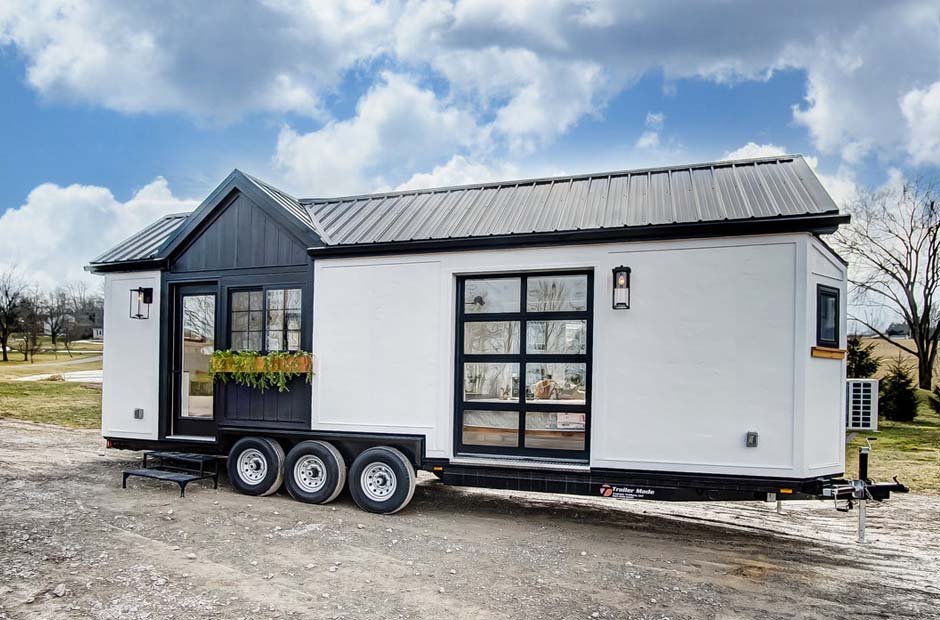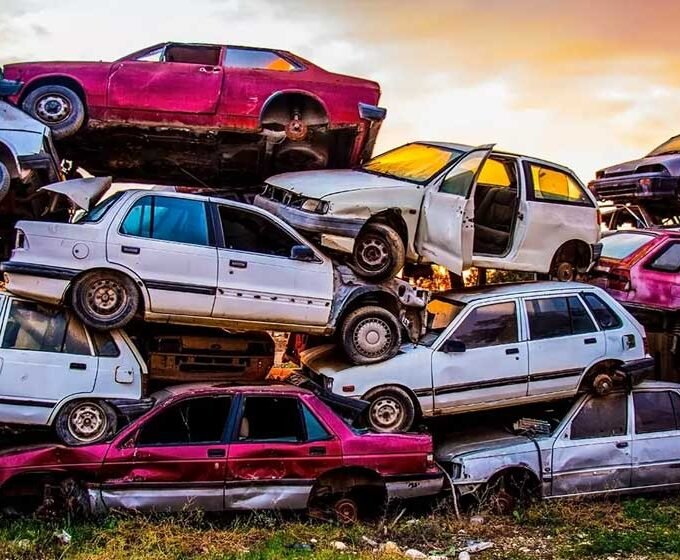Your RV is more than just a vehicle; it’s a second home, a symbol of freedom, and an investment in memorable adventures. Just like any treasured possession, taking the right steps to protect and maintain it can lead to years of enjoyment. This includes securing the necessary marine and boat finance for your vessel. For many, the RV stays parked for a significant portion of the year, making its care and protection vital. Here’s your guide to ensuring your RV remains in tip-top shape even when stationary.
Location, Location, Location!
Before diving into specific care measures, let’s talk about where you park your RV. Location matters! Ideally, an RV should be parked on a solid, paved surface to prevent the tires from sitting in water or on damp ground. This helps avoid premature tire degradation. If possible, park your RV in a location shielded from direct sunlight and potential tree sap or bird droppings, both of which can damage the exterior.
Battling the Elements with RV Covers
Sun, rain, snow, or hail – your RV faces the brunt of nature’s whims. The use of RV covers is one of the most effective ways to protect your vehicle from the elements. You can read more in depth on RV covers here. These covers, designed specifically for the unique needs of RVs, do more than just shield the surface.
A good RV cover:
- Keeps harmful UV rays from bleaching your RV’s exterior and interior.
- Ensures water doesn’t seep in, preventing mold, mildew, and rust.
- Protects against dust, dirt, bird droppings, and tree sap.
- Allows breathability to prevent moisture buildup inside.
- When selecting an RV cover, ensure it’s made of durable, high-quality material and offers a snug fit. A loose cover can flap around in the wind, causing potential damage.
Routine Maintenance Checks
Even when not in use, your RV requires periodic check-ups. Monthly inspections can prevent minor issues from becoming major problems. Here are some areas you should focus on:
- Tires: Check for cracks, pressure, and wear. Remember, tire rot can be a silent issue.
- Seals & Seams: Ensure all seals (windows, roof, and doors) are intact to prevent leaks.
- Battery: Disconnect the battery to prevent drainage and check for corrosion.
- Pests: Look for signs of rodents or insects. Consider using natural repellents or traps.
- Appliances: Run the appliances now and then to keep them functional.
Air Out and Clean
An RV that’s shut tight can develop a musty smell. It’s a good idea to air it out periodically. Open the doors and windows, allowing fresh air to circulate. This is also an excellent time to clean the interior, ensuring no food residues are left that can attract pests.
The Engine’s Health
If your RV isn’t being used for an extended period, remember it’s not just the living quarters that need attention. The engine, being the heart of the vehicle, requires some TLC. Start the engine every couple of weeks. Let it run for a while. This ensures that the engine parts remain lubricated, and the battery doesn’t die out.
Insurance and Winterizing
While it might seem like an additional expense, securing an appropriate insurance policy for your RV is crucial. Comprehensive insurance provides coverage for a variety of potential damages, including those that may occur during storage, such as storm damage or vandalism. Don’t forget to revisit your policy periodically to ensure it remains up-to-date with your RV’s value and your coverage needs.
For those living in colder climates, winterizing your RV is a necessary step in its care. The process involves preparing the plumbing systems to prevent freezing and potential bursts during the frigid months. You may need to drain all water systems, including the hot water heater and water lines, and add RV-grade antifreeze into the plumbing system. Remember to remove any liquids that might freeze and damage the interior. Also, consider using breathable fabrics to cover your furniture and prevent condensation build-up, which could lead to mold or mildew.
The Final Walkthrough
Before leaving your RV for an extended period, take the time to do one last thorough walkthrough. Check that all appliances are off and disconnected from power sources. Verify that all windows and doors are closed and sealed. Ensure you’ve left no food or trash behind that could decompose or attract pests. And lastly, double-check the outside. Are all external components properly secured? Are your covers in place and fastened correctly?
This final walkthrough can bring peace of mind that your RV is as safe and secure as possible while it waits for the next travel adventure. Taking the time to perform these steps means your home on wheels will be ready to hit the road whenever you are. After all, isn’t the allure of spontaneity one of the reasons you invested in an RV in the first place?
Safety Measures
Your RV can be a target for theft, especially if it’s known to be stationary for long periods. Consider:
- Investing in a high-quality wheel lock.
- Installing a security system or motion sensor lights.
- Parking in well-lit areas or within sight from your home.
An RV is more than a mere mode of transport; it’s a bundle of memories waiting to happen. Protecting it during its downtime ensures it’s always ready for the next adventure. With the right steps, you can keep your RV looking brand new and functioning smoothly, no matter how long it’s been since its last road trip.
















